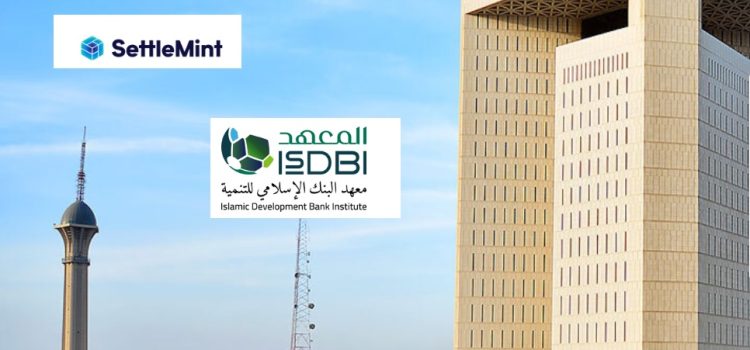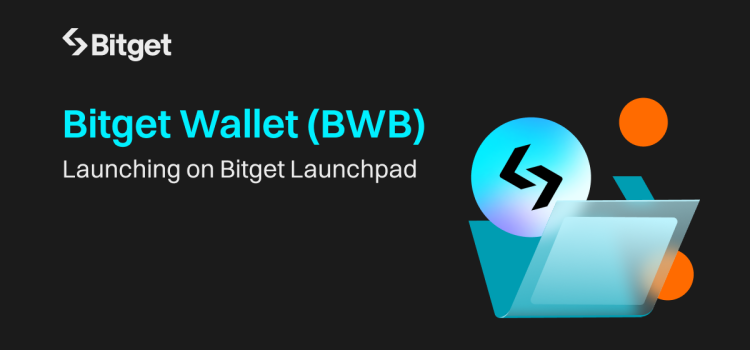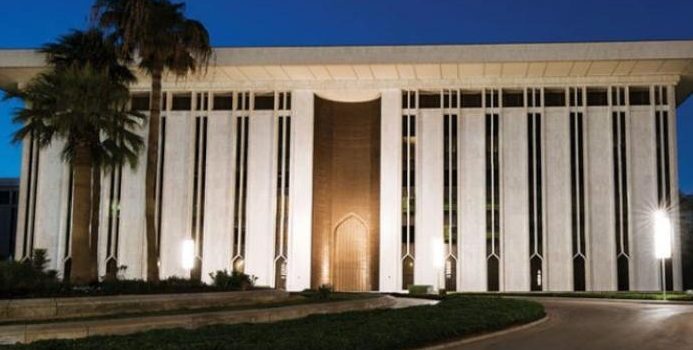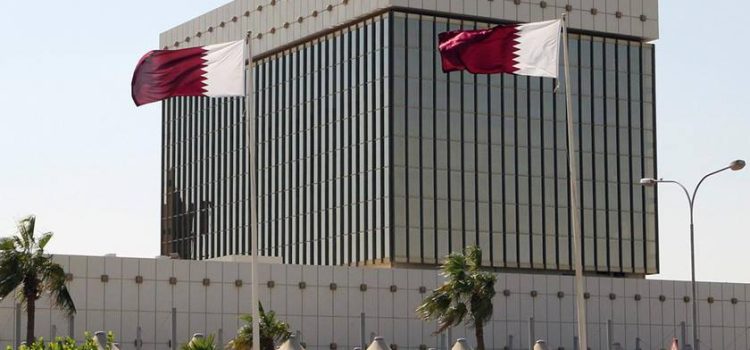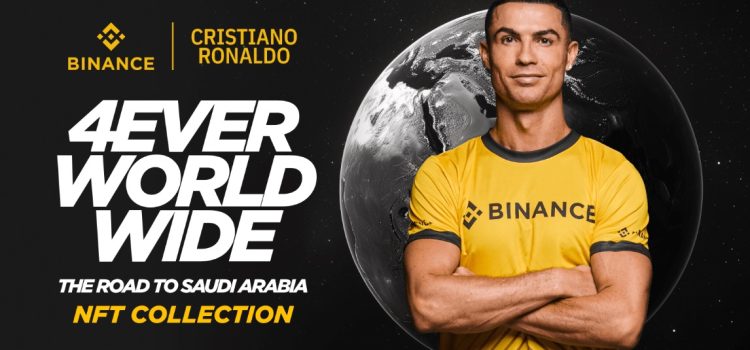
BitOasis, crypto broker has received its first license in the GCC and MENA region from Bahrain. The Category 2 license allows BitOasis to offer crypto asset services from the Central Bank of Bahrain. Prior to BitOasis receiving its license in Bahrain, CoinMENA, RAIN, ARP Digital and Binance had already received licenses.
ARP Digital, CoinMENA and Rain all hold a category 3 license, while only Binance holds a category 4 license. As such BitOasis will be the only category 2 license in Bahrain so far.
As per Bahrain licenses, a Category 1 license is issued to market participants providing investment advisory services, Category 2 licenses for trading in accepted crypto assets as an agent, portfolio management & Crypto-asset custody service as well as offering investment advice. Category 3 licenses are obtained, for trading in accepted crypto assets as an agent, trading in accepted crypto assets as a principal, portfolio management, keeping custody of crypto-asset as well as providing investment advice, while crypto exchanges receive a Category 4 license.
In the meantime, BitOasis current regulatory status in the UAE under VARA is active awaiting full license approval.
As per the press release, the regulatory approval in Bahrain will enable BitOasis to launch its new broker-dealer platform through its local company in the Kingdom, BitOasis Bahrain.
Located in Bahrain Fintech Bay, BitOasis Bahrain will be home to a small team of core employees at its inception, with the company gradually growing its presence in the Kingdom as it works to launch its new platform, expected to go live in the second half of 2024.
BitOasis Bahrain will serve retail, corporate, and institutional clients in Bahrain and the broader MENA region, with an initial focus on its broker-dealer product.
Ola Doudin, Co-Founder and Chief Executive Officer of BitOasis, stated, “With regulation at the forefront of a maturing regional crypto market, we are delighted to have secured this new license from the Central Bank of Bahrain. The Central Bank’s commitment and leadership in regulating our industry allows businesses like BitOasis to launch cutting-edge products in an industry characterized by rapidly and dynamically evolving technology. We are excited to welcome our new team in Bahrain to the business and to start serving new customers very soon.”
Launched in 2016, BitOasis offers over 60 tokens with fiat currencies such as AED, SAR, and USD. Since its inception, the company has processed over USD 6 billion in trading volume and raised more than USD 40 million in funding from leading regional and global investors.











